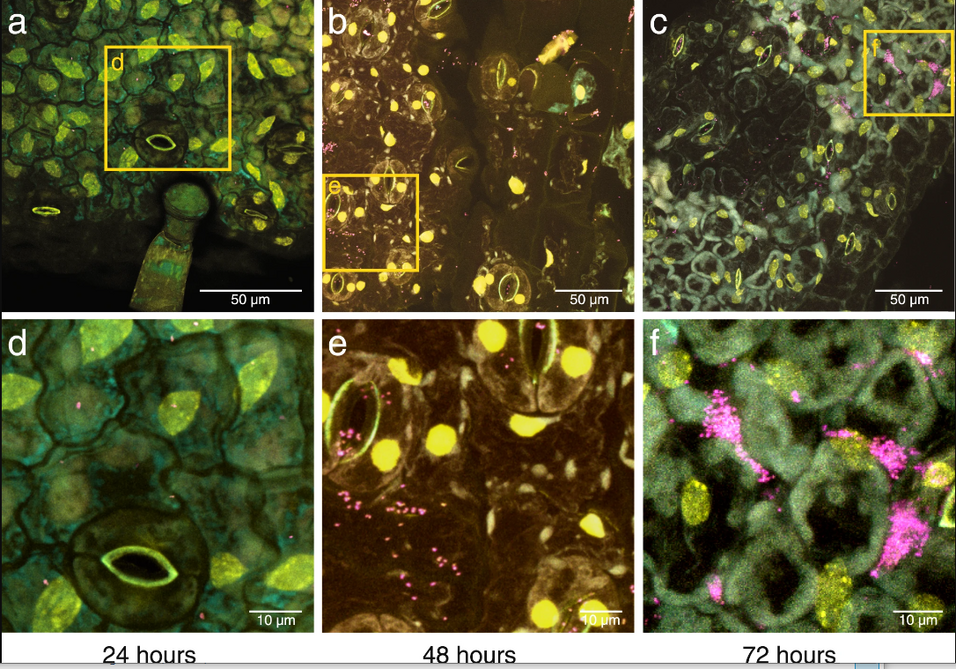Our study found that strain Msb3 colonizes the tomato phyllosphere and promotes plant growth through its ACC deaminase activity4. The results suggest that manipulating the leaf microbiota by spraying ACC deaminase-containing bacteria onto the phyllosphere may be a promising strategy for increasing plant stress resistance, pathogen control, and harvest yields.
The broad implications of this study are that it provides new insights into the mechanisms by which phyllosphere symbionts can promote plant growth and health. Most of the knowledge so far is based on rhizosphere symbionts. Our findings suggest that manipulating the leaf microbiota through the application of beneficial bacteria could be a viable strategy for improving crop yields and reducing the use of harmful pesticides and fertilizers. This could have significant implications for sustainable agriculture and food security. Additionally, the study contributes to our understanding of the complex interactions between plants and their associated microbiota, which is an important area of research in plant biology and ecology.
Read the full open access paper here:
Phyllosphere symbiont promotes plant growth through ACC deaminase production
JB Herpell, A Alickovic, B Diallo, F Schindler, W Weckwerth
The ISME Journal, 1-11

